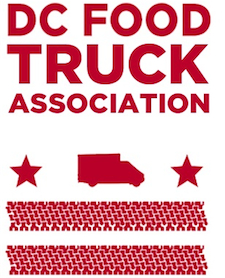When the local government of Washington, D.C., says, “Don’t worry” — people worry.
Matthew Marcou, deputy associate director of the District of Columbia’s Department of Transportation’s Public Space Regulation Administration, told those ruled by his long-worded administrative agency — the people working the city’s many food trucks, which feed lunch to a great number of Washingtonians and tourists on sidewalks every day — not to worry.
Just because the wording of a new sidewalk regulation would shut down eight of the city’s ten most popular food trucks doesn’t mean the good folks at the Public Space Regulation Administration couldn’t simply — almost magically — grant a waiver.
Be happy.
Still, there are the malcontents, the businesspeople who want some sort of certainty about the rules controlling their enterprise. The Washington Post reports that “Owners of food trucks . . . are put off by a still-unknown process that relies on the kindness of bureaucrats to keep their businesses alive.”
Che Ruddell-Tabisola is the D.C. Food Truck Association’s executive director and also a co-owner of the BBQ Bus. “[W]hy would you put forward regulations that are only successful when you make an exception to the rule?” asked Che.
The word “regulate” comes from the word “regular”; the goal of regulation being to make things regular. Therefore, regulations that require significant use of waivers fail. They aren’t rules at all. They constitute, instead, a labyrinth of economically suffocating and graft-inducing red tape.
This is Common Sense. I’m Paul Jacob.


